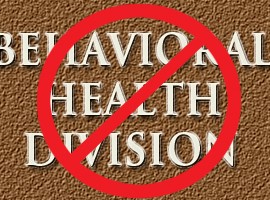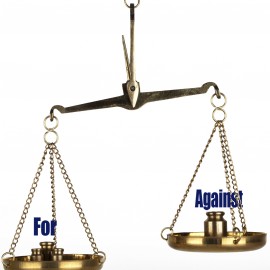Blogs
We have four blogs on our site, each with its own focus:
How to Talk so Someone With Addiction Will Listen (Families) is a question-and-answer format blog that provides help for families struggling with an addiction problem.
extra
extra
How to Talk so Someone With Addiction Will Listen (Clinicians) is a question-and answer format blog serving as a discussion forum for treatment clinicians & recovery pros.
extra
extra
Tips for Treatment Programs is a question-and-answer format blog that gives practical tips for people who want to run excellent treatment & recovery programs.
extra
extra
Thinking About Addiction is a more traditional “sharing our thoughts” blog that responds to news, information, and whatever’s happening for us right now. It’s too long a title to call it “Thinking About Addiction, Treatment, and Recovery” but that’s a better description.
Here’s a feed of all the posts to all of our blogs:
It’s Time to Retire “Behavioral Health”
Calling these diseases “behavioral illnesses” and calling our systems of care “behavioral health programs” promotes two destructive, harmful beliefs.
Topics: addiction and the brain, co-occurring disorders, disease, stigma
Inpatient Management: Dealing with the Tempests in the Teapot
I like to say that most of the conflicts are a tempest in a teapot — the problem being that you are in the teapot along with the tempest.
Topics: addicted offenders, clinical management, inpatient treatment
Is it a ‘reason’ or an ‘excuse’?
Anybody who lives or works with an active alcoholic is likely to hear a lot of excuses, along with protests that they are not, in fact, excuses.
Topics: communication, family dysfunction, recognizing addiction, toxic relationships
Music Hath Charms
You’re aware that music therapy is used in mental health settings. Playing music is great, but for most of us, it’s enough just to listen and be affected.
Topics: groups, Recovery Tools, relaxation, therapeutic models, therapies and tools, tools for recovery
What is a “Safe” Drinking Level?
Problems with alcohol are better defined in terms of the problems themselves than some arbitrary amount consumed.
Topics: alcohol, loss of control, recognizing addiction, signs and symptoms
Helping Staff Manage Boundaries
Countertransference issues can be a genuine hazard in our field. If allowed to continue, it can lead to some pretty spectacular incidents.
Topics: boundaries, clinical management, counseling skills, professional skills, supervision
“Weak” Evidence for Prescription Opioid Effectiveness
Topics: opioids, prescription medications, research
Finding the Right Opioid Treatment Program
Some of what patients hear is gossip and folklore, something for which the addict community is famous. But there is a wide variation in quality among OTPs.
Topics: client types and needs, finding the right treatment, MAT, opioids, referral, therapies and tools
Is a Good Intervention Dramatic?
The technique works. But it doesn’t make for very entertaining TV, which is why they usually leave that part on the cutting room floor.
Topics: intervention, Intervention Series
My Counselors are Being Manipulated!
Counselors and therapists are — and I’m generalizing shamelessly here, so forgive me — warm, empathetic, even sympathetic by nature.
Topics: boundaries, clinical management, counseling skills, resistance manipulation ambivalence



















